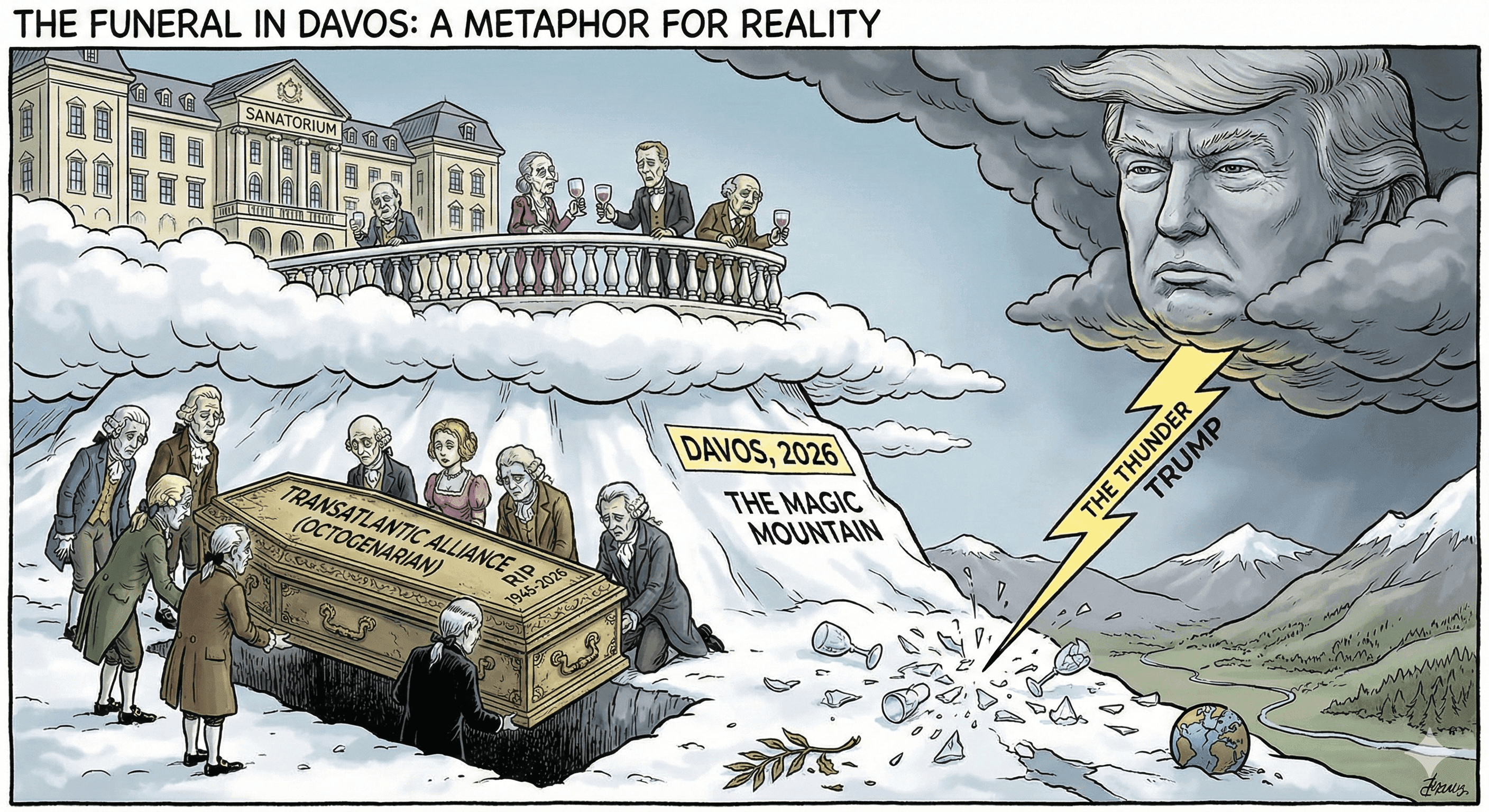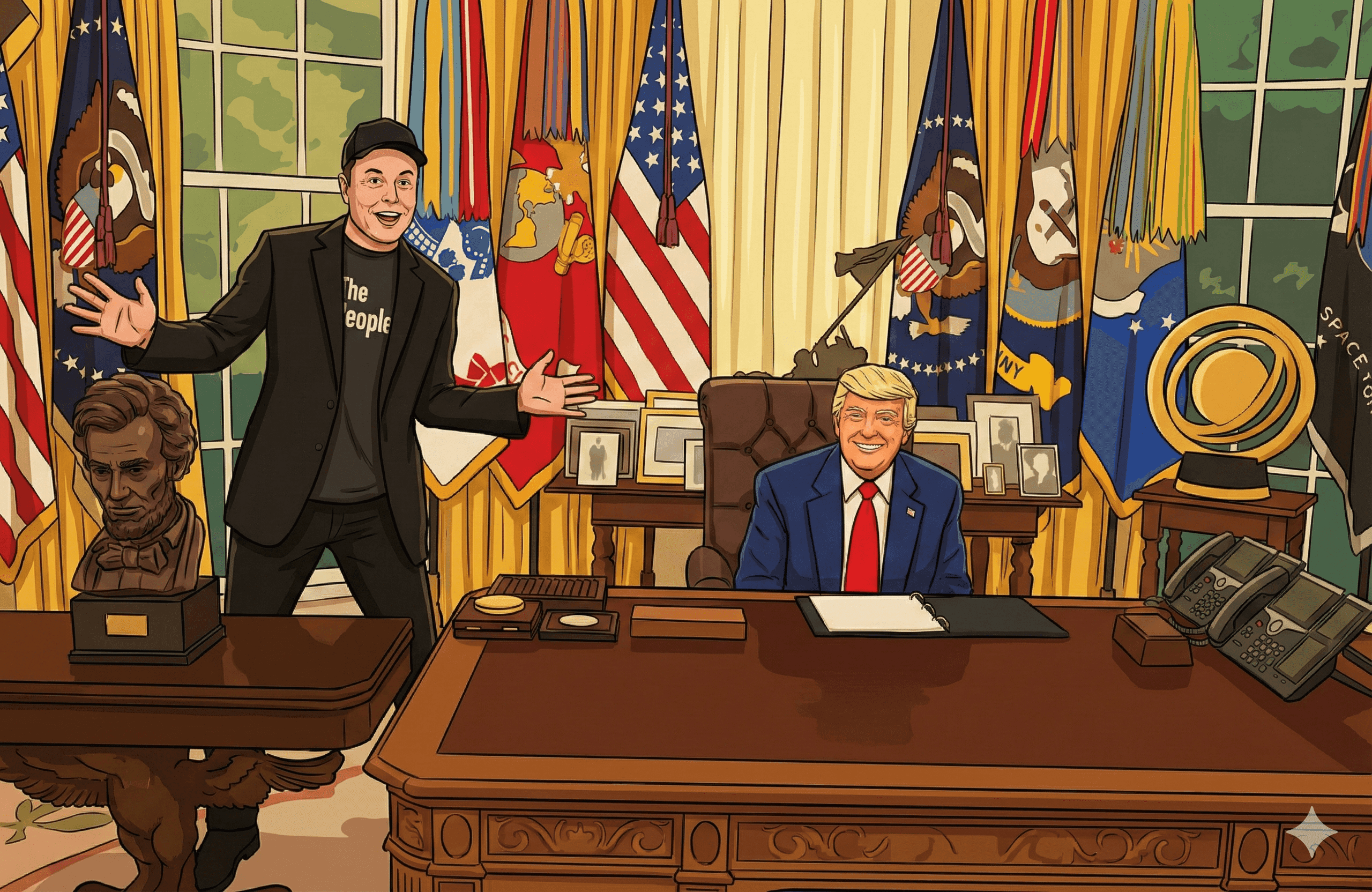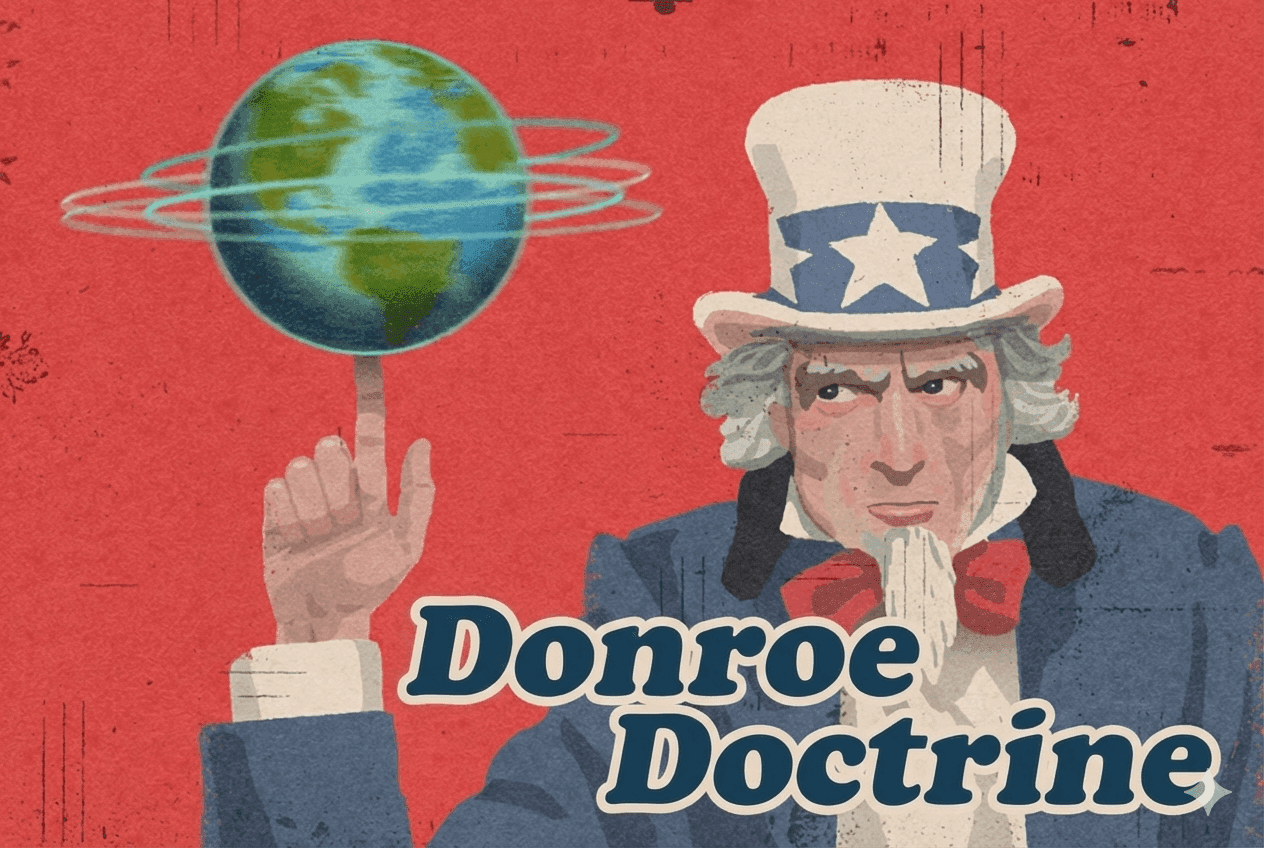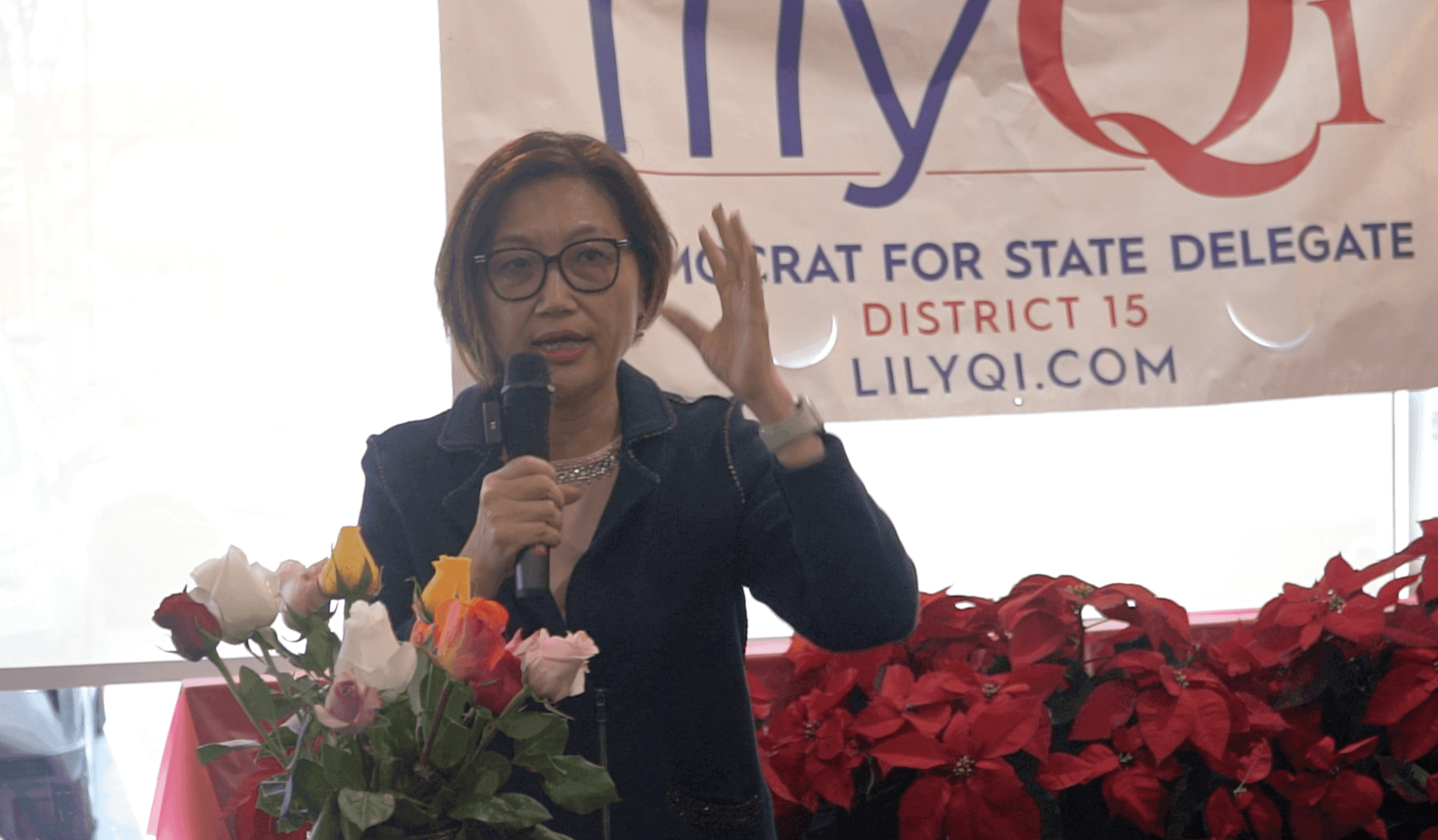Opinion | The U.S. Decline Limits Its Capacity to Absorb Immigrants
 Ted Chu
Ted ChuYuan Media’s Op-ed
By Ted Chu
When discussing immigration, it’s essential to consider the broader context: while the U.S. remains a global superpower, it is experiencing a decline. This decline is particularly evident in the country’s ability to provide necessary infrastructure, training, and, most crucially, welcoming and accommodating support for new citizens. These factors have diminished the U.S.’s capacity to absorb immigrants effectively, resulting in the controversies and conflicts surrounding immigration today.
The U.S. has long been recognized as a nation of immigrants and a “melting pot”. It's undeniable that European immigrants played a significant role in building the country during its early years. However, even European immigrants, such as those of Irish and Italian descent, faced discrimination and expulsion due to factors like religious conflict.
Despite these conflicts, the U.S. had generally welcomed immigrants, particularly during periods of growth. Historically, the country had understood that immigrants, even amid conflict, have been more beneficial than harmful to its interests, largely because the U.S. had the capacity to absorb them.
That’s not the case today. The U.S. is no longer on an upward trajectory; it’s facing economic stagnation. The COVID-19 pandemic has further exposed various issues, many of which are deep-rooted domestic problems such as inequality and political polarization. If we can't address our internal struggles, how can we effectively manage the new issues brought on by an influx of immigrants?
However, while the influx of immigrants may present challenges, it also significantly boosts the economic momentum of the U. S. Immigrants include talented individuals who can drive innovation and laborers who fill crucial gaps in traditional industries. Both are essential to the continued development of the country.
A lot of unskilled service sector jobs, such as lawn care and house cleaning, are often dirty, backbreaking, and come with low pay. Few native-born Americans are willing to take on these roles. The influx of immigrants has effectively filled this employment gap. However, many blue-collar Americans feel that their jobs are threatened by immigrants. Trump capitalized on this sentiment, which significantly boosted his popularity among this demographic.
No matter how strong the demand for immigrant labor is, if their arrival disrupts the existing job market without the country's ability to create more jobs, provide affordable housing, and offer proper training, the U.S. simply won’t have the capacity to accept more immigrants. Therefore, the real solution to the immigration issue lies not in controlling the number of immigrants but in expanding the country's capacity to absorb them.
Now, let’s take a closer look at why the U.S.’s ability to absorb immigrants has declined. In my view, two fundamental factors are at play: a weakened citizenship and a deepening divide in values.
For immigrants to be fully integrated into the U.S., they need to contribute to the country and genuinely align with its values. However, in the U.S. today, people are increasingly divided across parties and communities on what the country stands for and what its core values are. How can Americans expect to educate immigrants to adopt these values when they themselves can't even clearly define and follow them? Even in the “good old days” many immigrants struggled to understand and accept American values within their lifetime, leaving it to the second or third generations to do so.
The heart of the controversy over American values is our expectations of what the U.S. can become. In short, it’s about the kind of country we want the U.S. to be.
Democrats and Republicans are divided on how to answer this question. Democrats, especially the so-called “progressives”, envision a more diverse, liberal nation where mutual respect and love are paramount, with equality and inclusion at the core of their values. In contrast, Republicans seek to uphold America's traditional conservative values, rooted in the ideals of the Founding Fathers.
As previously noted, it can take generations for immigrants to fully understand, identify with, and embrace traditional American values. In the short term, immigrants bring diverse cultural backgrounds that challenge the conservative ideals of the Republican Party. To prevent this perceived dilution of their values, Republicans oppose a large influx of immigrants. They enforce strict immigration policies and support towering walls to limit the flow of immigrants, whether legal or not.
As an Asian American, I believe the diversity and unique talents our community brings—like work ethic and expertise in certain fields—are clearly beneficial to the U.S. At the same time, I also believe it’s important to identify with and embrace traditional American values.
Our traditional culture and American values each have their own strengths, and we should embrace both. Without doing so, no matter how well we excel in academics, business, or even politics, it will be challenging to become a true American. If Americans cannot agree on what America stands for or where it should be heading, we must reflect deeply, develop our own perspectives, and actively participate in democratic discussions on how to revive the American spirit.
In my opinion, if we want the U.S. to become a friendlier society for immigrant communities—especially Asian community—we shouldn’t just wait for dramatic changes in immigration policy. We should start by educating ourselves and thinking about how to make a greater contribution to this great nation.
Making a difference is hard, but not impossible. The Olympics recently concluded, and what moved me most was the athletes' fighting spirit. They focused on pushing beyond limits and challenging the impossible, which is also a core American value we should embrace.
---
Ted Chu is the Chief Economic Advisor at the Millennium Institute, an NGO dedicated to helping governments and organizations design strategies for measurable progress in sustainability transitions. Chu has conducted economic research on every continent, working across diverse sectors including multilateral investment organizations, global industrial corporations, management consulting, think tanks, and sovereign wealth funds such as the World Bank, the Abu Dhabi Investment Authority, and the Saudi Arabian Public Investment Fund.





